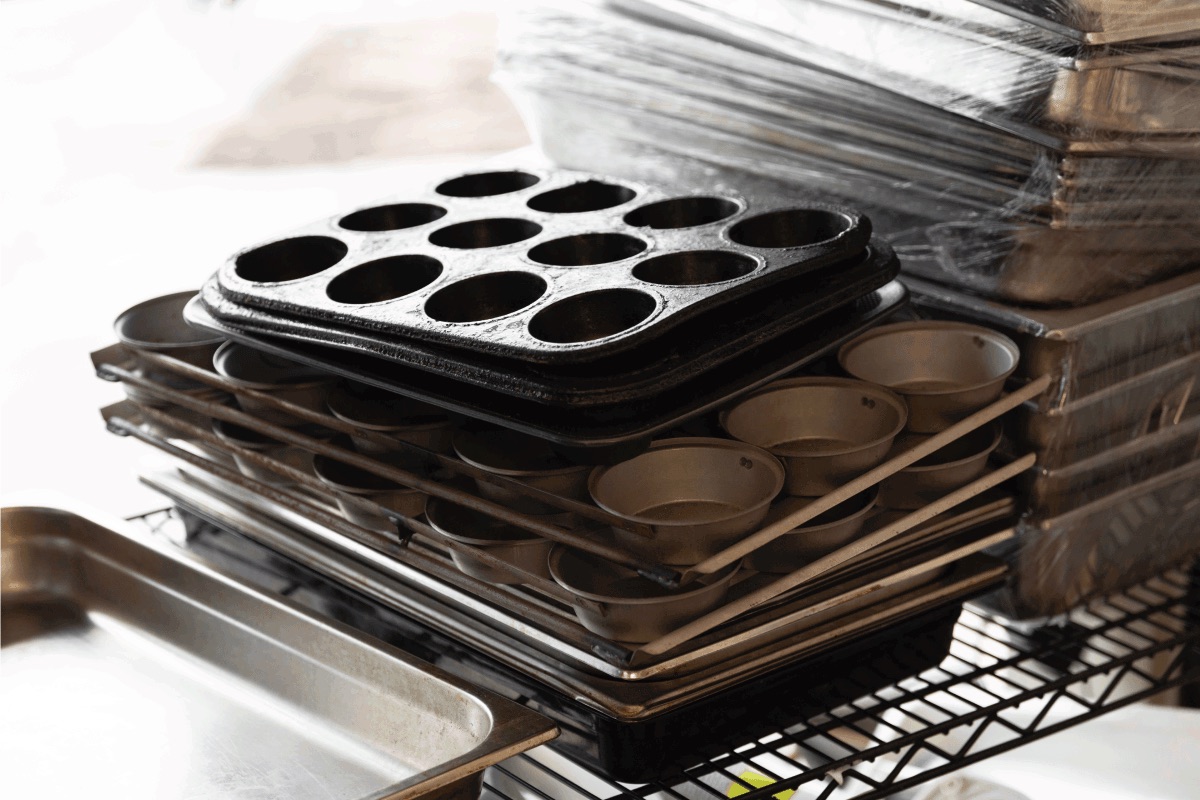

Articles
How To Store Baking Pans
Modified: October 19, 2024
Looking for articles on how to store baking pans? Discover the best tips and tricks for organizing and preserving your baking pans efficiently.
(Many of the links in this article redirect to a specific reviewed product. Your purchase of these products through affiliate links helps to generate commission for Storables.com, at no extra cost. Learn more)
Introduction
When it comes to baking, having the right tools is crucial for creating delicious treats. Baking pans are an essential part of any baker’s arsenal, but storing them can often be a challenge. Properly storing your baking pans not only keeps them organized and easily accessible, but it also helps to maintain their quality and prolong their lifespan.
In this article, we will explore various storage solutions and techniques for your baking pans. Whether you have a small kitchen or a spacious pantry, we’ve got you covered. From choosing the right storage space to utilizing vertical storage options, we’ll guide you through the process of storing your baking pans in the most efficient and convenient way possible.
By following these tips and tricks, you’ll be able to keep your baking pans in great condition, free from scratches and damage, and ready to use whenever the baking bug strikes. So let’s dive in and discover the best ways to store your beloved baking pans!
Key Takeaways:
- Efficiently store your baking pans by choosing the right storage space, utilizing vertical storage options, and incorporating dividers and racks. Keep your pans organized, accessible, and protected from damage to enhance your baking experience.
- Maximize your kitchen space and keep your baking pans in top condition by implementing creative storage solutions such as wall-mounted racks, drawer dividers, and even utilizing the oven for storage. With proper organization and care, you can easily access your pans and enjoy hassle-free baking.
Read more: How To Organize Baking Pans
Choosing the Right Storage Space
Before we delve into the various storage options, it’s important to assess your available space and choose the most suitable area for storing your baking pans. Consider the following factors:
- Accessibility: It’s essential to store your baking pans in a location that is easily accessible. This will make it convenient for you to retrieve them whenever you need them.
- Protection: Select a storage space that offers protection for your baking pans. This includes keeping them away from extreme temperatures, moisture, and potential damage from other kitchen tools or appliances.
- Size: Determine the size of your collection and choose a storage space that can accommodate all your baking pans without overcrowding or risking damage due to tight spaces.
After considering these factors, some popular options for storing baking pans include cabinets, drawers, walls or pegboards, and even the oven itself.
Now let’s explore each of these options in more detail and see how you can optimize them for efficient baking pan storage.
Cleaning and Preparing Baking Pans
Before storing your baking pans, it’s important to ensure they are clean and properly prepared. Follow these steps:
- Cleanliness: Wash your baking pans thoroughly with warm, soapy water. Remove any grease or baked-on residue using a non-abrasive sponge or cloth. Avoid using harsh chemical cleaners, as they can damage the surface of the pans.
- Drying: After cleaning, make sure your baking pans are completely dry before storing them. Moisture can lead to rust or other damage over time, so towel dry them or air dry them upside down to allow any residual moisture to escape.
- Coating: If your baking pans have a non-stick coating, it’s important to preserve it. Avoid using metal utensils that can scratch the surface, and opt for silicone or nylon tools instead. Additionally, consider using parchment paper or silicone baking mats to further protect the coating.
- Stacking: When stacking your baking pans, place a layer of parchment paper or a soft cloth between each pan to prevent scratching. This is especially important for pans with non-stick surfaces.
- Seasoning: Some types of baking pans, like cast iron or seasoned baking sheets, require seasoning to maintain their quality and prevent rusting. Refer to the manufacturer’s instructions for specific seasoning methods.
By properly cleaning and preparing your baking pans, you not only ensure their longevity but also prevent any unwanted flavors or residue from transferring to your baked goods. Now that your baking pans are clean and ready, let’s explore some storage options to keep them organized.
Stacking and Organizing Baking Pans
When it comes to storing baking pans, one of the most popular methods is to stack and organize them. Here are some tips to make the most of this storage technique:
- Size and Shape: Group your baking pans by size and shape. This will make it easier to stack them neatly and maximize the use of space. For example, stack round cake pans together, square pans together, and so on.
- Interlocking Racks: Consider using interlocking racks or separators to create stable and secure stacks of baking pans. These racks help prevent the pans from shifting or sliding, keeping them organized and reducing the risk of damage.
- Padding: Place a soft, non-slip liner or silicone pad at the bottom of your stack to provide some cushioning and prevent scratches. You can also add liners between each pan to further protect their surfaces.
- Vertical Storage: If you have limited horizontal space, consider storing your baking pans vertically. Use an adjustable bakeware organizer or install dividers in your cabinet to create vertical compartments for each pan. This not only saves space but also makes it easier to see and access individual pans.
- Labeling: To save time and avoid searching through stacks, consider labeling your baking pans. Use adhesive labels or removable markers to write the type and size of each pan on the outside or bottom. This makes it quick and effortless to find the pan you need without disturbing the rest.
By stacking and organizing your baking pans, you’ll be able to make the most of your storage space while keeping your pans accessible and protected. However, if you’re looking for alternative storage options, we’ll explore more ideas in the next sections.
Utilizing Vertical Storage Options
If you’re tight on horizontal storage space, utilizing vertical storage options can be a game-changer. Here are some ideas to help you make the most of your vertical space:
- Wall-Mounted Racks: Install wall-mounted racks specifically designed to hold baking pans. These racks can be easily attached to the wall, either inside a cabinet or on an empty wall, and provide convenient storage for your pans. Choose sturdy racks that can support the weight of your pans without sagging or falling.
- Pegboards: Pegboards offer a versatile and customizable storage solution. Install a pegboard on a wall or inside a cabinet and use hooks or pegs to hang your baking pans. Arrange the pegs at varying heights to accommodate pans of different sizes. Pegboards not only save space but also allow you to display your pans, adding a decorative element to your kitchen.
- Tension Rods: Another creative and affordable option is to use tension rods placed vertically in a cabinet or under the sink. By positioning the rods strategically, you can create vertical compartments to hold your baking pans. This method is particularly useful for smaller pans or baking sheets.
- Hanging Rails: Consider installing hanging rails underneath shelves or cabinets. Attach S-hooks or sturdy clips to the rails and hang your baking pans. This method allows for easy access and keeps your pans visible and within reach.
By utilizing vertical storage options, you free up valuable counter and cabinet space while keeping your baking pans organized and easily accessible. Don’t limit yourself to horizontal storage – think vertically to maximize efficiency!
To store baking pans, stack them vertically in a cabinet or drawer to save space and make them easily accessible. You can also use a pan organizer to keep them neatly separated.
Read more: How To Store Cake Pans
Using Dividers and Racks in Cabinets
If you prefer to store your baking pans in cabinets, incorporating dividers and racks can greatly improve organization and accessibility. Here’s how to make the most of your cabinet space:
- Wire Rack Inserts: Install wire rack inserts in your cabinets to create vertical compartments for your baking pans. These inserts allow you to stack pans neatly and prevent them from sliding or scratching each other. Opt for adjustable racks to accommodate pans of different sizes.
- Vertical Dividers: Utilize vertical dividers to separate baking pans within the cabinet. This helps to keep the pans organized and prevents them from toppling over. You can find various types of dividers, including adjustable ones that can be customized to fit your specific pans.
- Sliding Drawer Inserts: Consider installing sliding drawer inserts in your cabinets. These inserts create multiple tiers of storage, allowing you to easily access and retrieve your baking pans. Some inserts even come with dividers for better organization.
- Pull-Out Shelves: If you have deep cabinets, installing pull-out shelves can provide convenient access to your baking pans. These shelves enable you to fully extend and reach the back of the cabinet without straining or rummaging through multiple pans.
By incorporating dividers and racks in your cabinets, you can create dedicated spaces for each baking pan, keeping them organized and protected from damage. This ensures that you can easily locate the pan you need without any hassle.
Storing Baking Pans in Drawers
If you have available drawer space in your kitchen, storing your baking pans in drawers can be a convenient and efficient storage solution. Here’s how to organize your baking pans in drawers:
- Divider Inserts: Use drawer divider inserts to create separate compartments for each baking pan. These inserts help to keep the pans upright and prevent them from sliding around when opening and closing the drawer.
- Vertical Storage: Arrange your baking pans vertically in the drawer to maximize space. Stand them upright or on their sides, depending on their size and shape. This method not only allows for easier access but also prevents scratches or damage that may occur from stacking them horizontally.
- Separate Small and Large Pans: If you have a mix of small and large baking pans, consider dedicating different drawers for each size group. This way, you can easily locate the pan you need without disturbing the other pans.
- Silicone Mats or Liners: To prevent pans from sliding around or scratching the drawer, place silicone baking mats or non-slip liners at the bottom of the drawer. This provides a cushioned surface and helps keep the pans in place.
- Drawer Pull-Outs: If you have deep drawers, consider adding pull-out systems specifically designed for storing baking pans. These pull-out racks or dividers allow for easy access, as they can be extended fully outside the drawer, giving you a clear view and reach of your pans.
Storing your baking pans in drawers not only saves cabinet space but also makes it convenient to grab the pan you need without any hassle. With proper organization and the use of divider inserts, your baking pans will be neatly arranged and protected.
Hanging Baking Pans on Walls or Pegboards
For a unique and visually appealing storage solution, consider hanging your baking pans on walls or pegboards in your kitchen. Here’s how to effectively hang your pans:
- Pegboard Installation: Install a pegboard on an empty wall in your kitchen. Make sure it is securely fastened to the wall to hold the weight of your pans.
- Arrange Hooks: Place hooks or pegs on the pegboard, spacing them according to the size of your baking pans. Arrange them in a way that allows ample space between pans to prevent them from banging into each other.
- Hanging the Pans: Hang your baking pans on the hooks or pegs. Place smaller pans on closer hooks and larger or heavier pans on more spaced-out hooks. Make sure each pan is securely hung to prevent them from falling.
- Consider Wall Racks: If you prefer a more permanent solution, you can install wall-mounted racks specifically designed for hanging baking pans. These racks usually have built-in hooks or slots to hold your pans securely.
- Organize by Type and Size: Arrange your baking pans in a way that makes sense to you. Group similar pans together and organize them by size or type. This will make it easier to find the pan you need when it’s time to bake.
Hanging your baking pans on walls or pegboards not only frees up valuable cabinet or drawer space but also adds a decorative element to your kitchen. It provides easy access to your pans, allowing you to grab them and start baking without any hassle.
Storing Baking Pans in the Oven
If you find yourself short on storage space in your kitchen, consider utilizing the oven as a storage option for your baking pans. Here’s how you can safely store your baking pans in the oven:
- Clean and Dry: Ensure your oven is clean and free from any food particles or debris. If necessary, wipe down the oven with a damp cloth and allow it to fully dry before placing your baking pans inside.
- Designate a Storage Spot: Choose a specific area in the oven to organize your baking pans. This could be on a lower rack or on the floor of the oven, depending on the size and number of pans you have.
- Protect the Pans: To prevent scratching or damage, place a soft, non-slip liner or silicone baking mat on the oven rack or floor before setting your pans on top. This will provide a cushioned surface and protect both the pans and the oven.
- Beware of Heat: Be cautious when using your oven for storage, ensuring that it’s completely cooled down before placing your pans inside. Additionally, always double-check the oven before preheating or cooking to make sure no pans are left inside.
- Limitations: Keep in mind that storing baking pans in the oven may limit your oven usage. Make sure you can easily remove the pans in case you need to use the oven for cooking. Also, be mindful of pans with handles that may extend beyond the oven and get in the way of closing the oven door.
Storing your baking pans in the oven is a practical solution for saving space in your kitchen. However, always prioritize safety and ensure that the oven is always properly cleaned and cooled before using it for storage purposes.
Read also: 13 Amazing Air Fryer Baking Pan for 2025
Conclusion
Properly storing your baking pans is not only essential for keeping your kitchen organized, but it also helps to maintain the quality and longevity of your baking tools. With the right storage techniques, you can easily access your pans whenever you need them, while also protecting them from scratches and damage.
From choosing the right storage space to utilizing vertical storage options, there are plenty of solutions available to accommodate different kitchen layouts and preferences. Whether you opt for cabinet organizers, wall-mounted racks, drawer dividers, or even using the oven for storage, each method has its advantages and can be customized to fit your specific needs.
Remember to clean and prepare your baking pans before storing them, as well as consider the size, shape, and type of pans when organizing them. Utilize dividers, racks, and liners to keep them in place and prevent scratches. Labeling your pans can also save time and make it easier to find the desired pan quickly.
By implementing these storage tips, you can efficiently store your baking pans and create a clutter-free kitchen environment. Not only will you save space, but you’ll also have your baking pans readily accessible whenever you’re in the mood to whip up some delicious treats.
So take a look at your kitchen space, assess your needs, and choose the storage option that works best for you. With a little organization and creativity, you can transform your baking pan storage and make your baking journey even more enjoyable. Happy baking!
Frequently Asked Questions about How To Store Baking Pans
Was this page helpful?
At Storables.com, we guarantee accurate and reliable information. Our content, validated by Expert Board Contributors, is crafted following stringent Editorial Policies. We're committed to providing you with well-researched, expert-backed insights for all your informational needs.
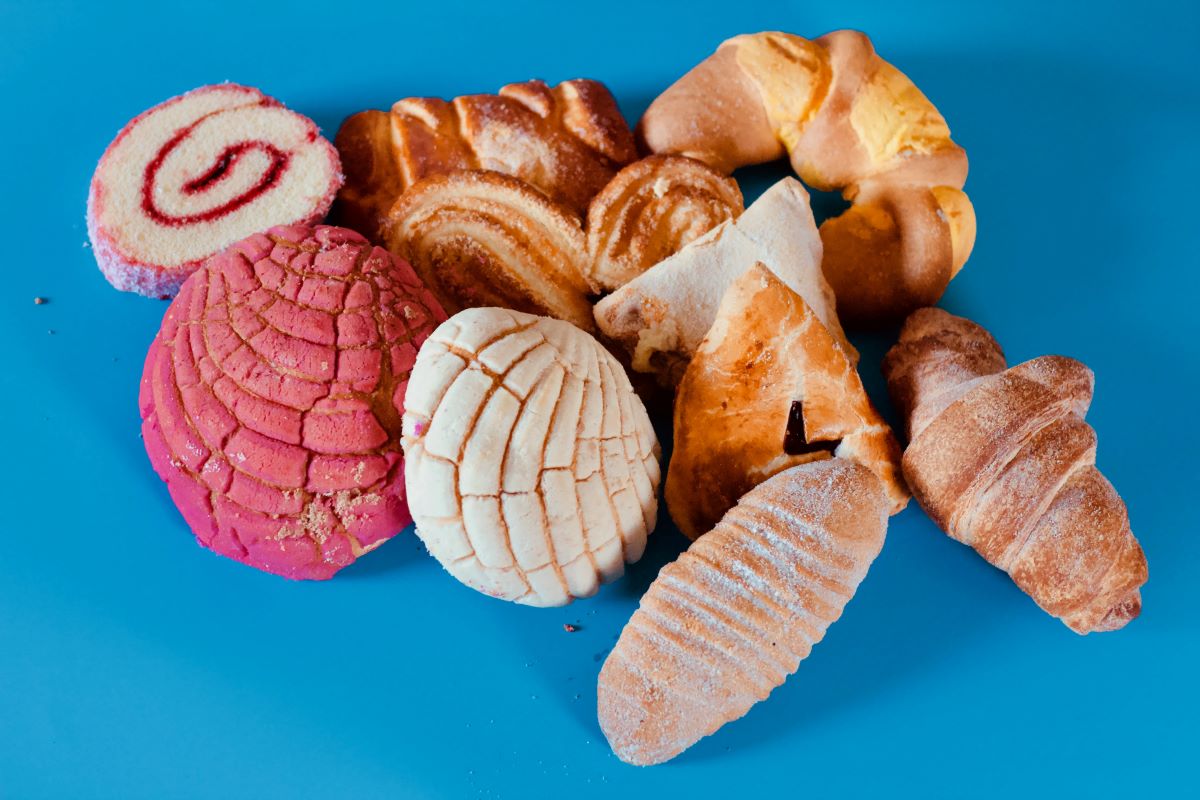
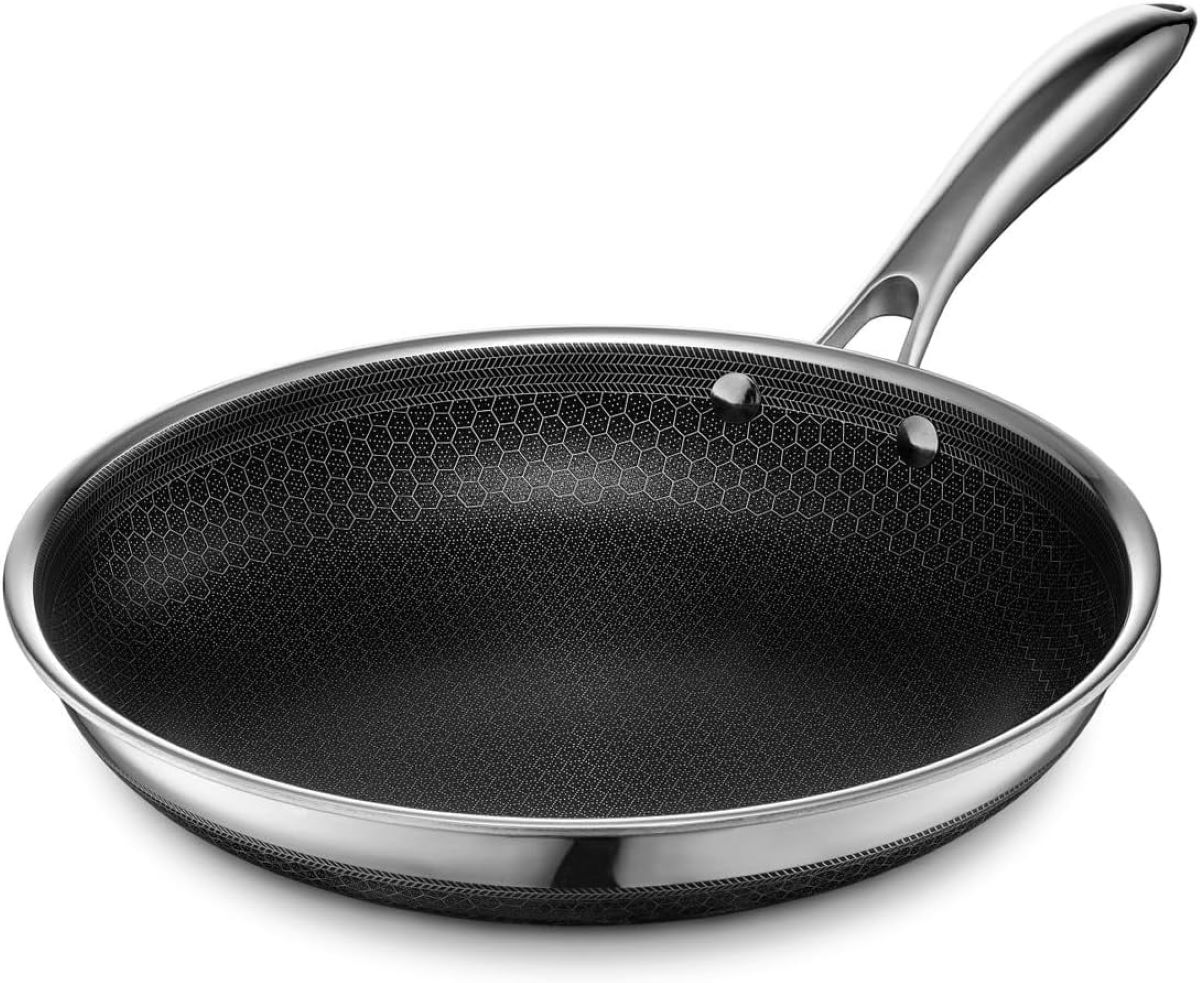
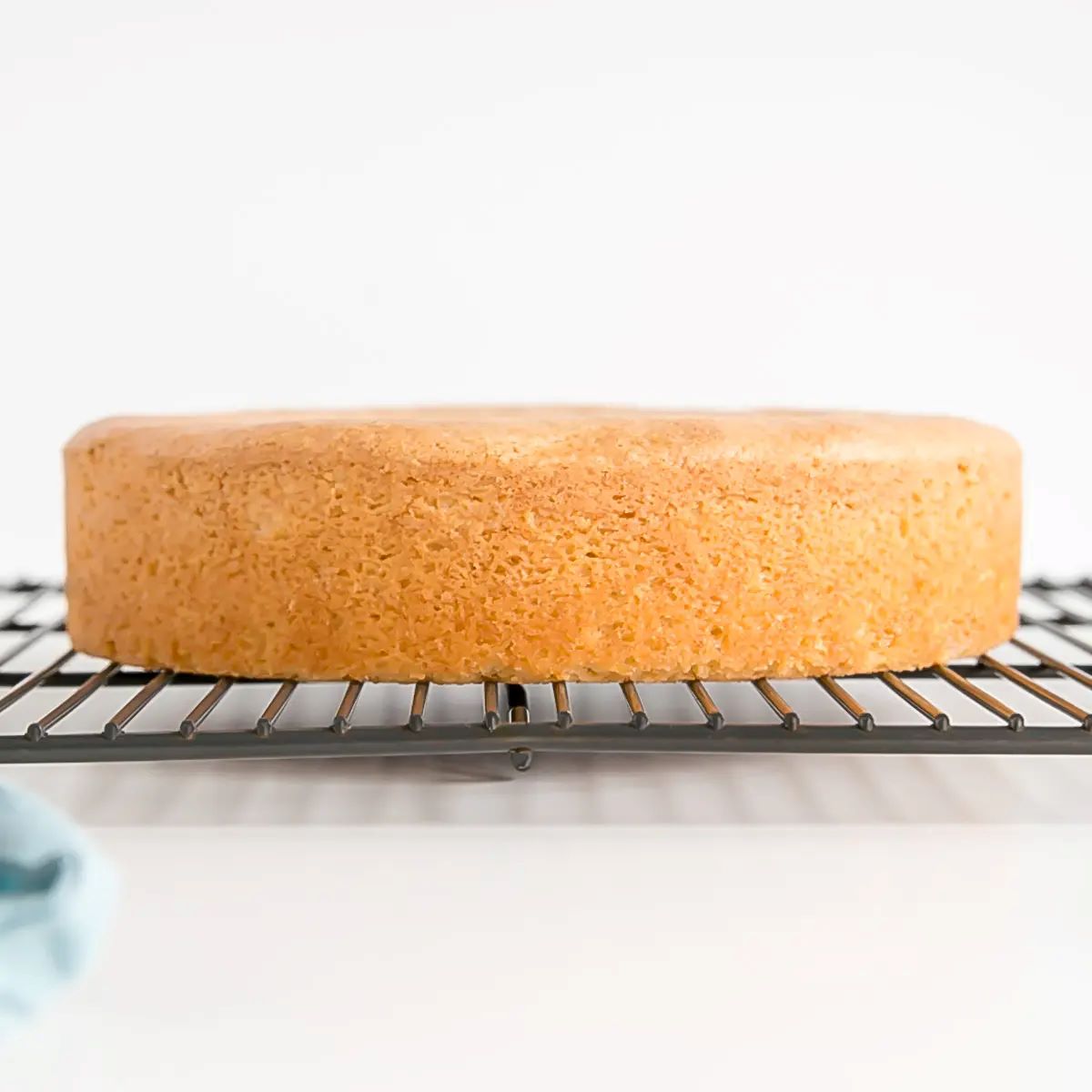
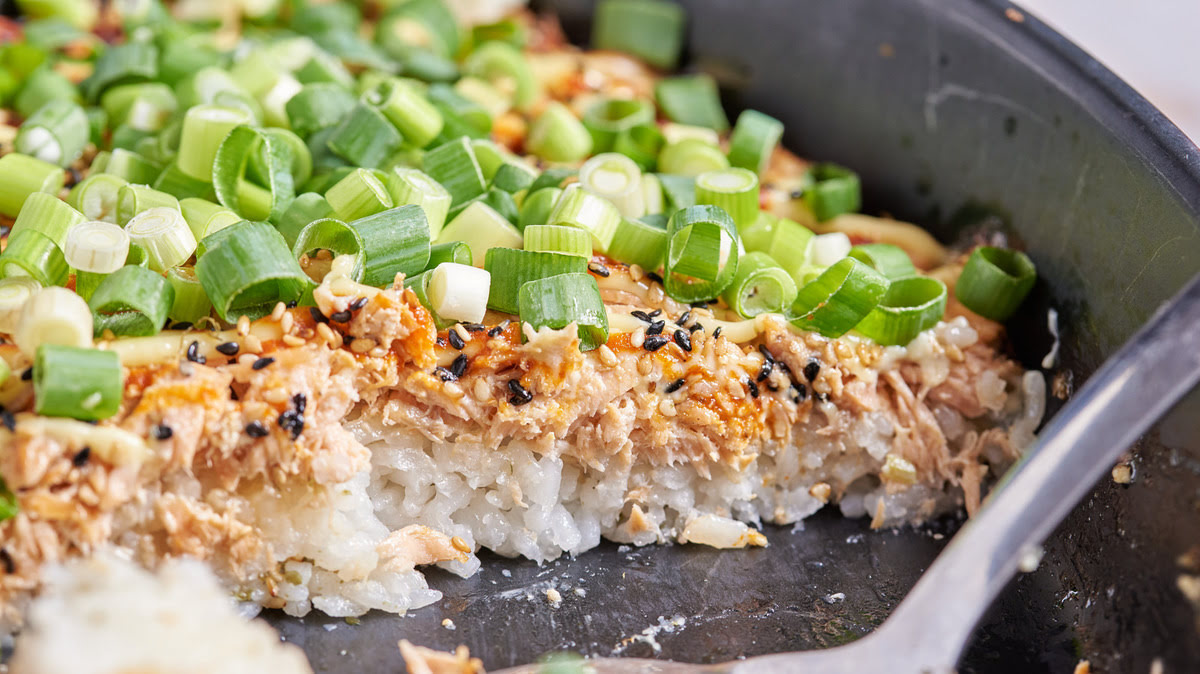
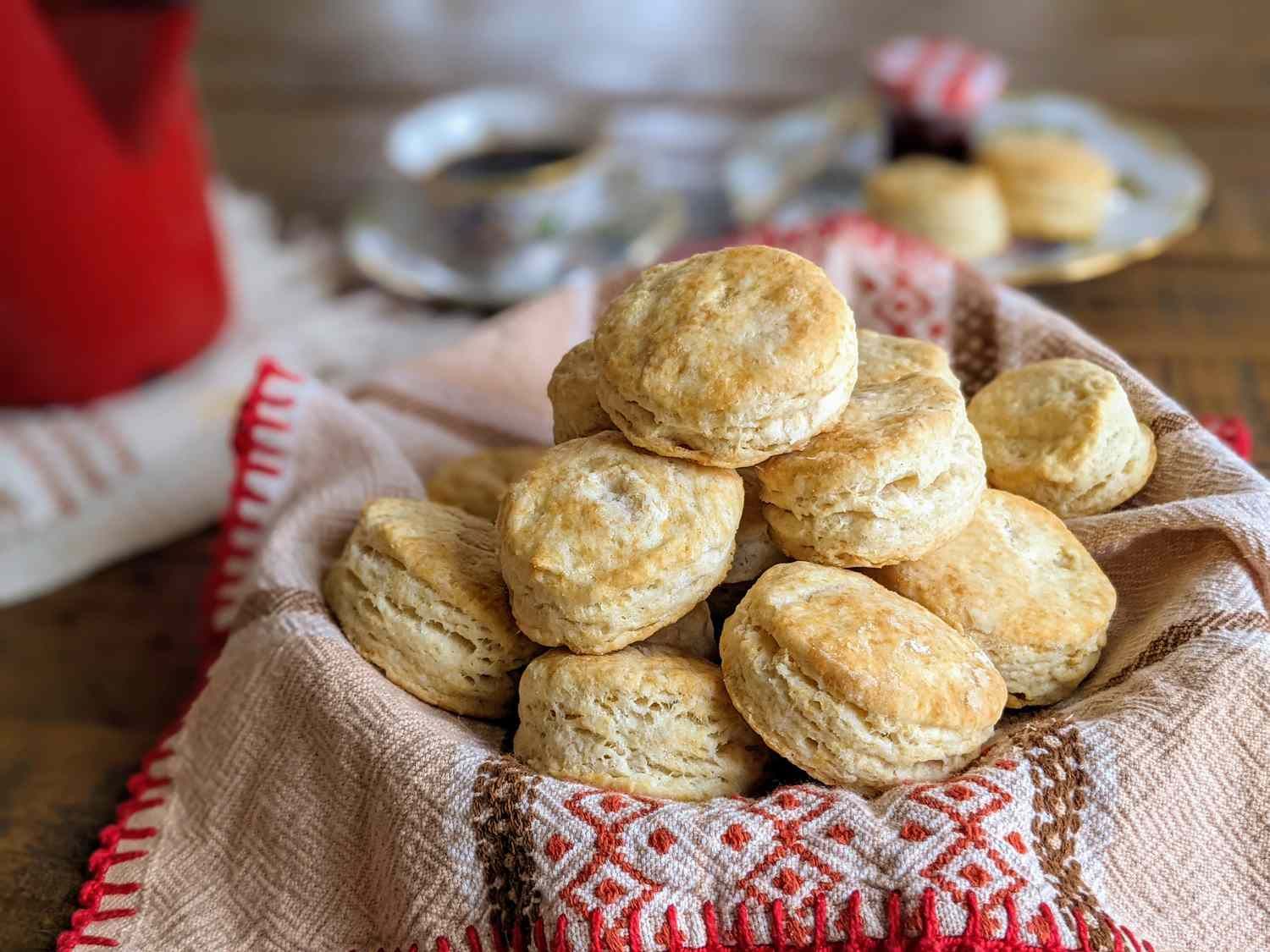
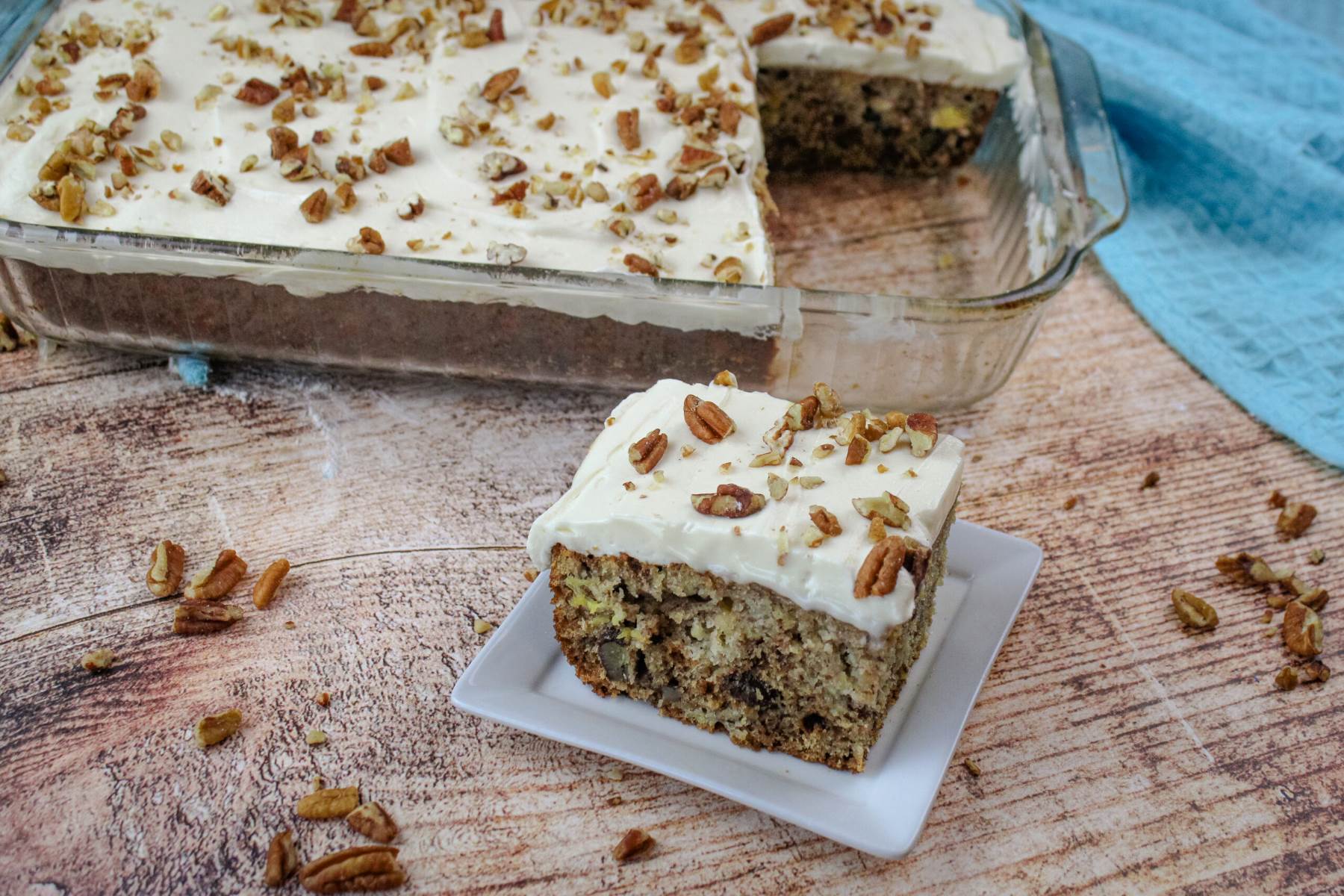
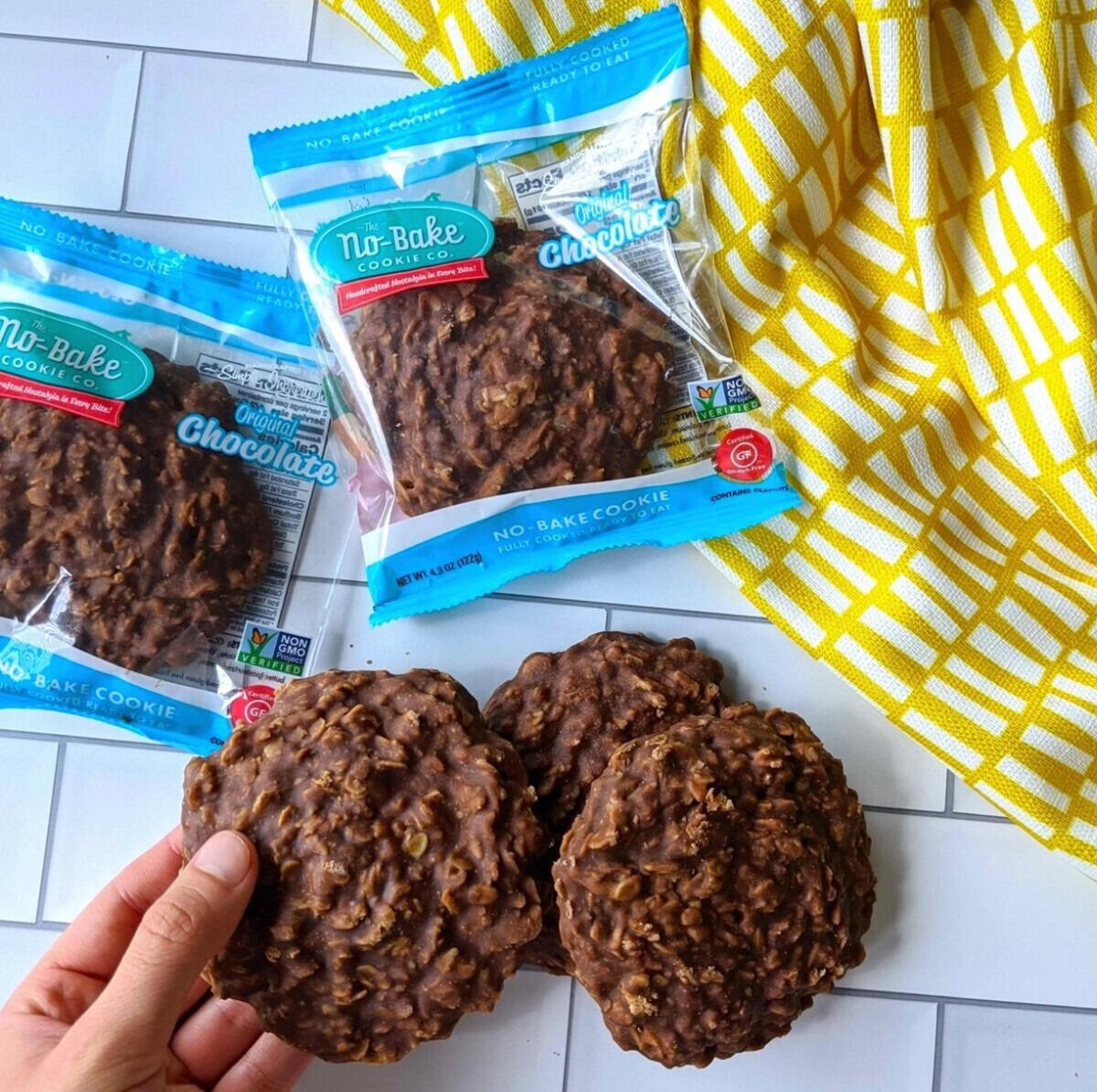
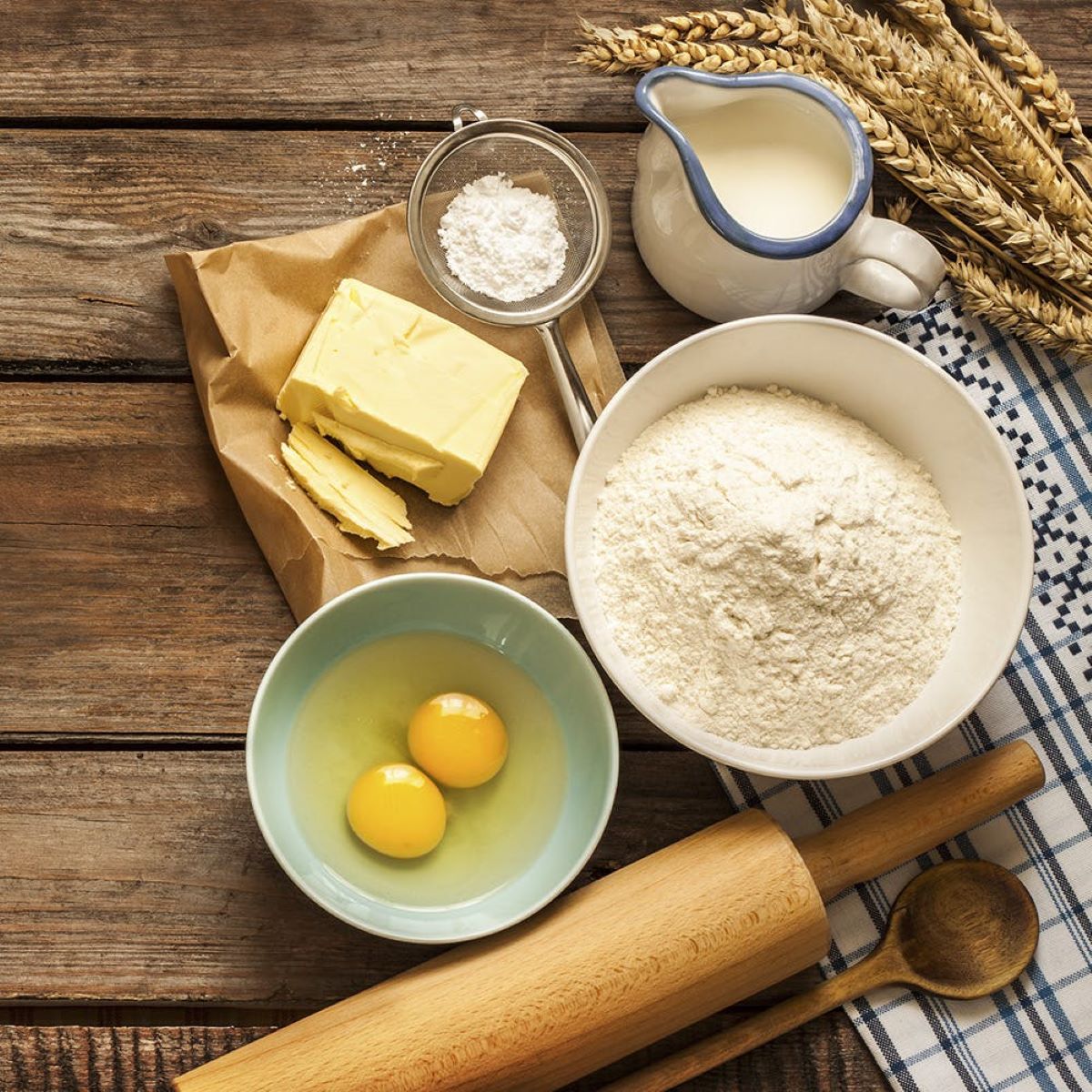
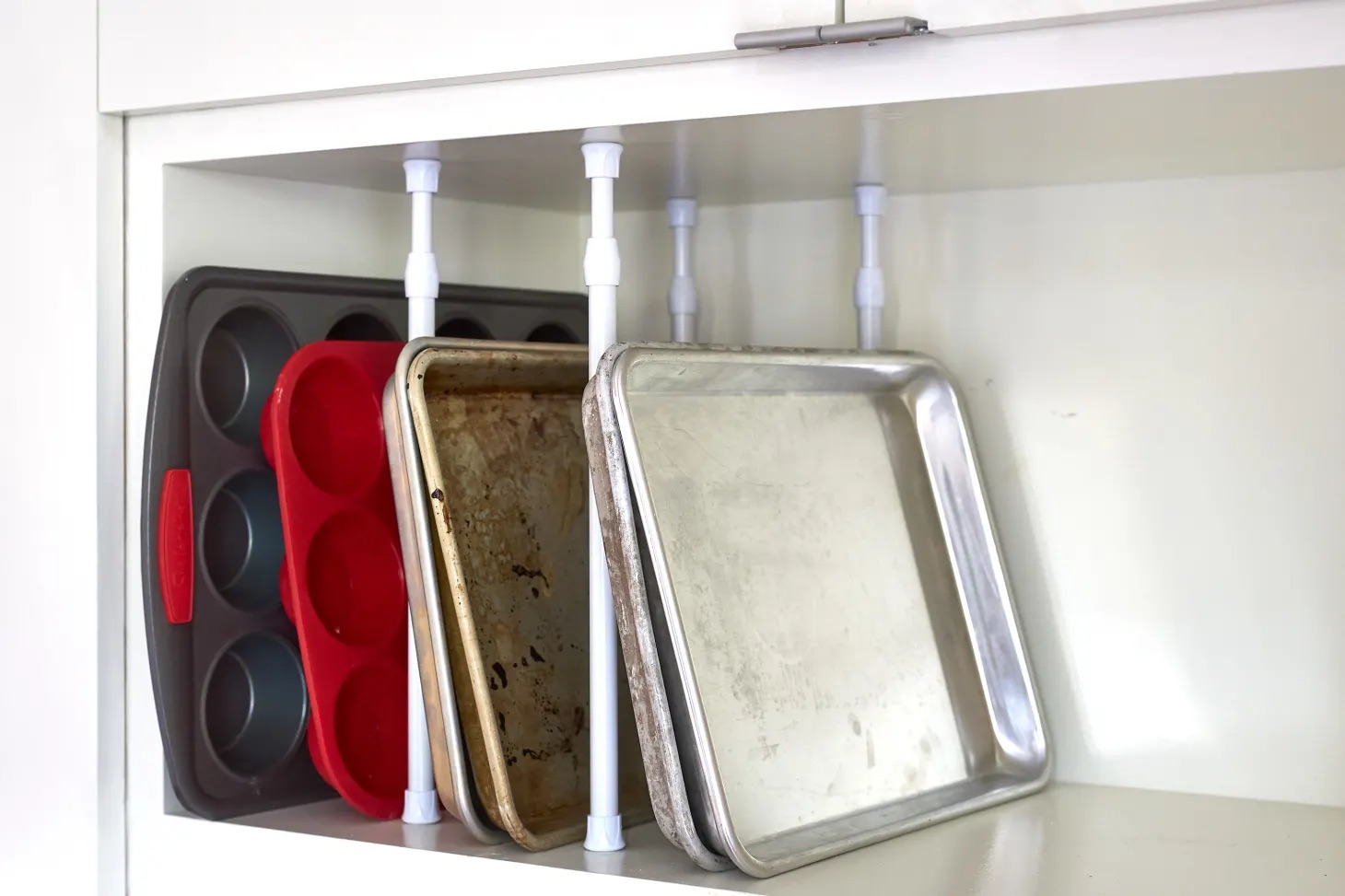
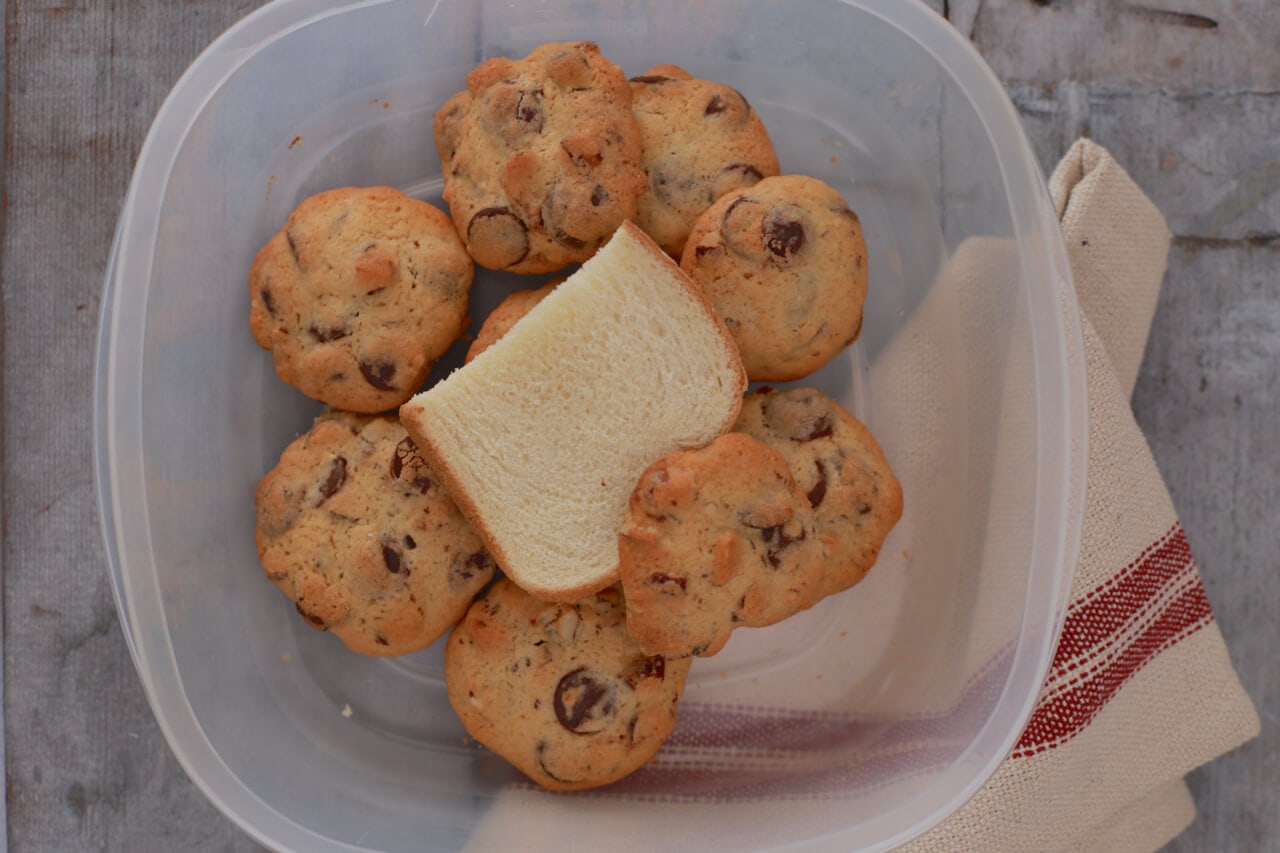
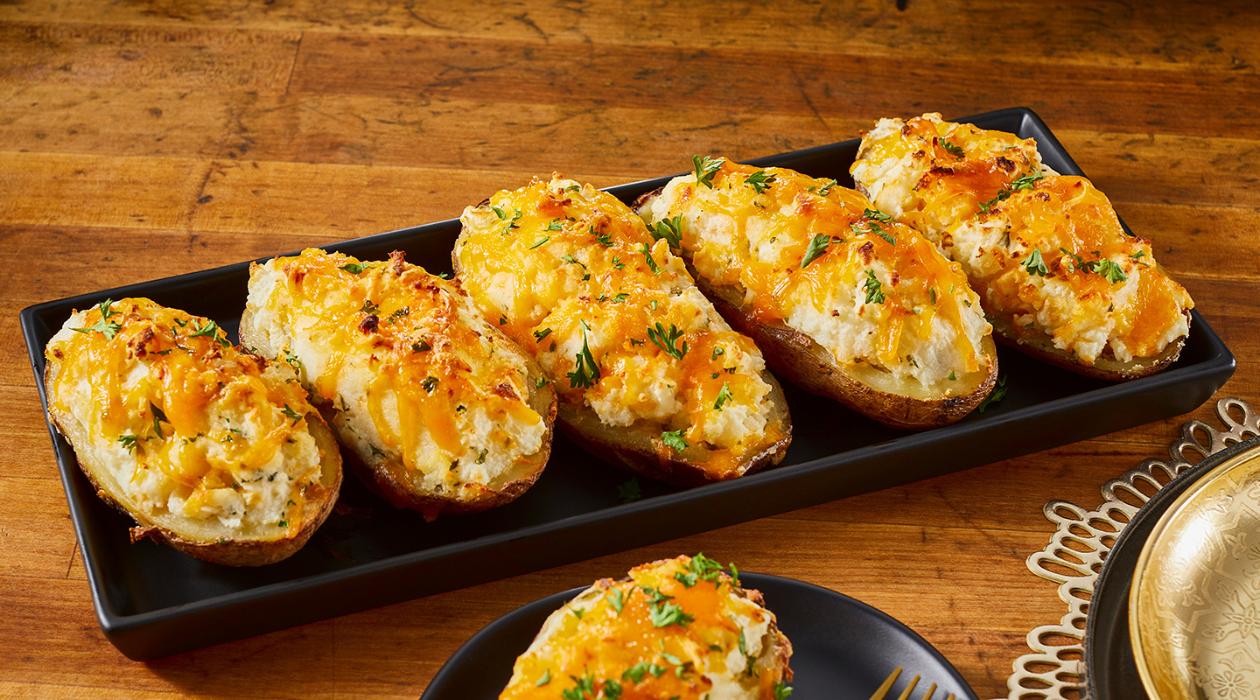
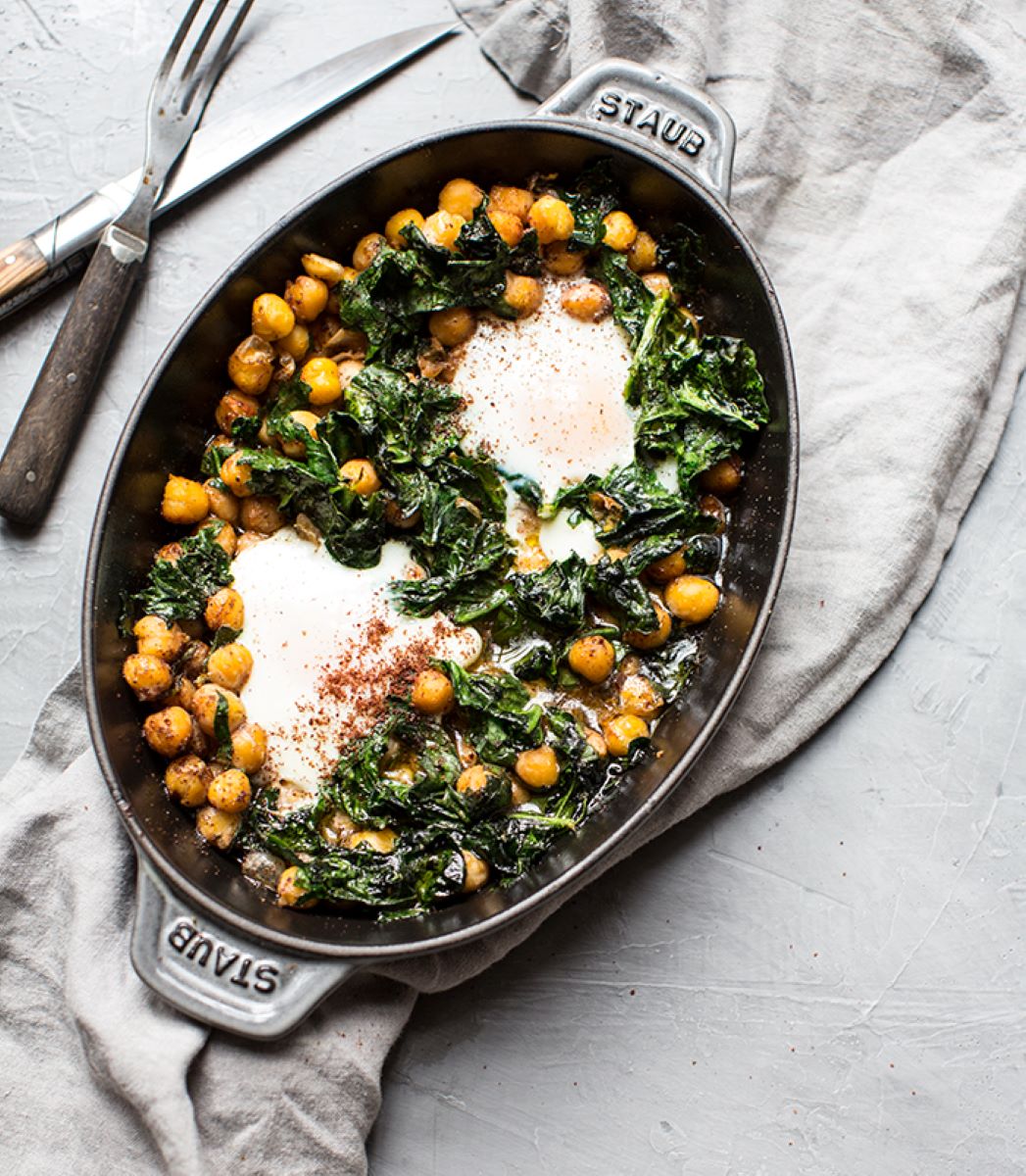
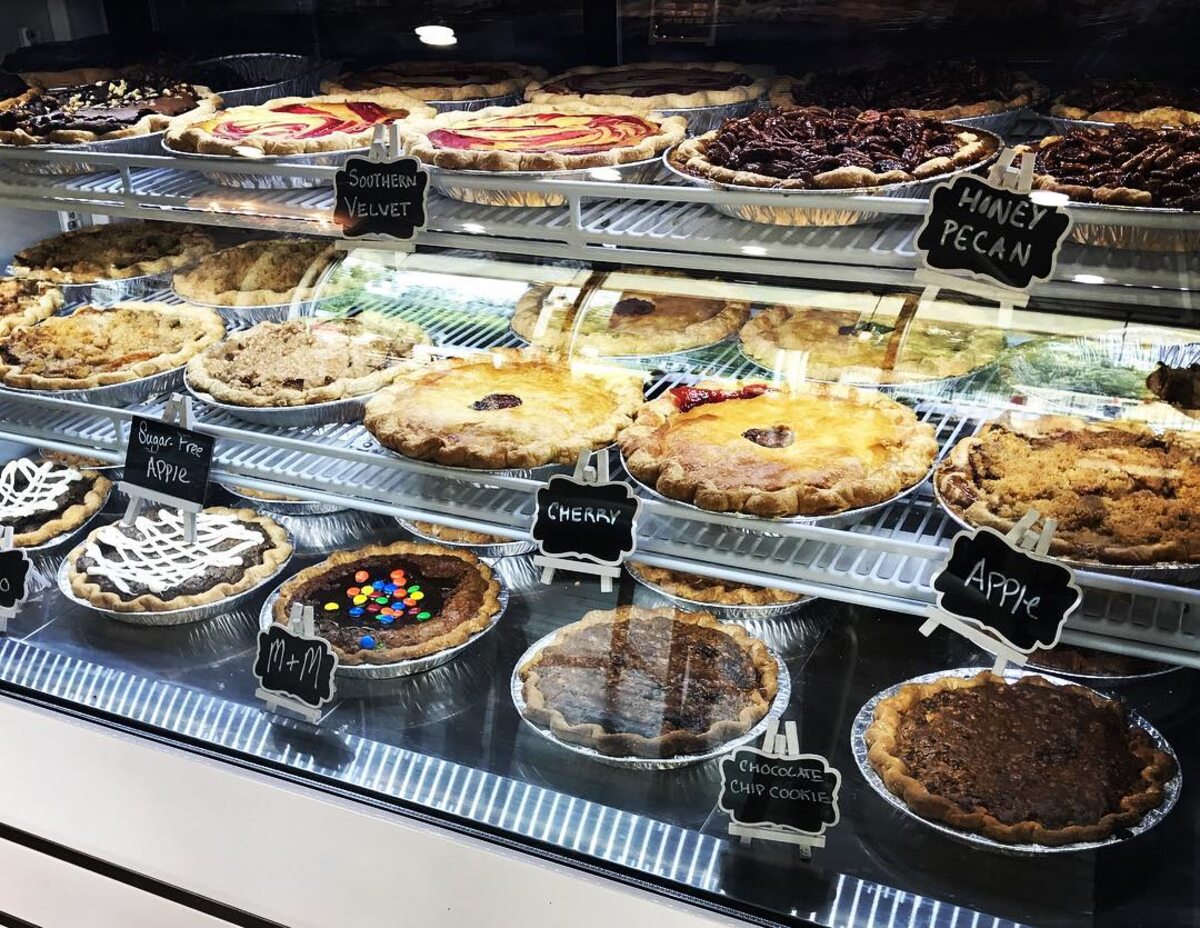

0 thoughts on “How To Store Baking Pans”